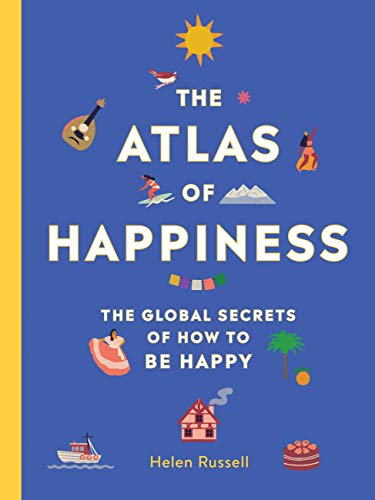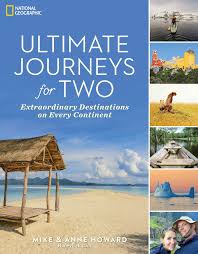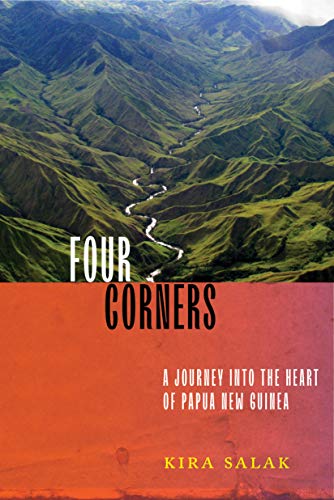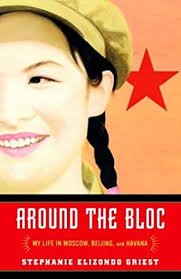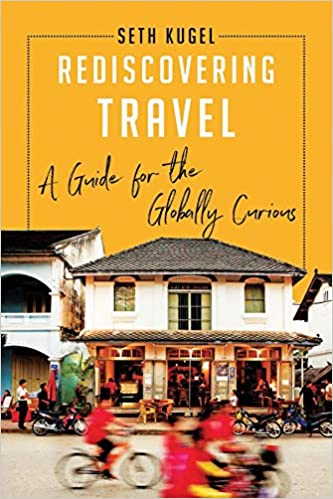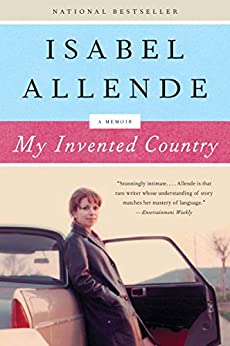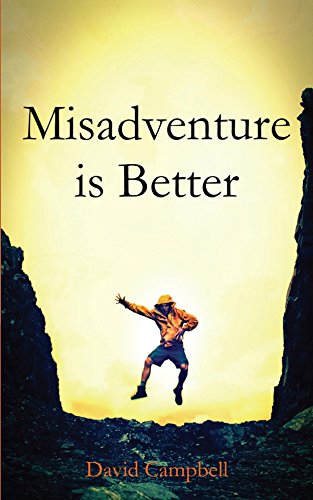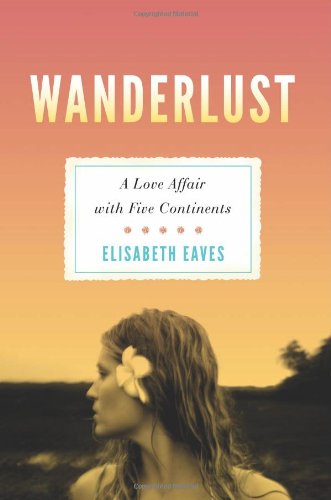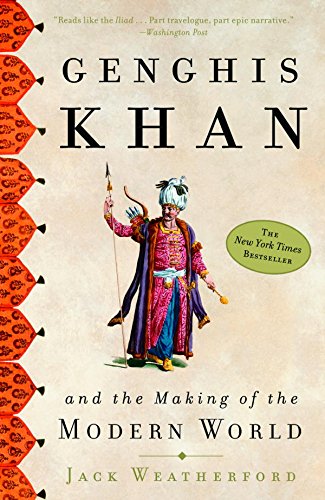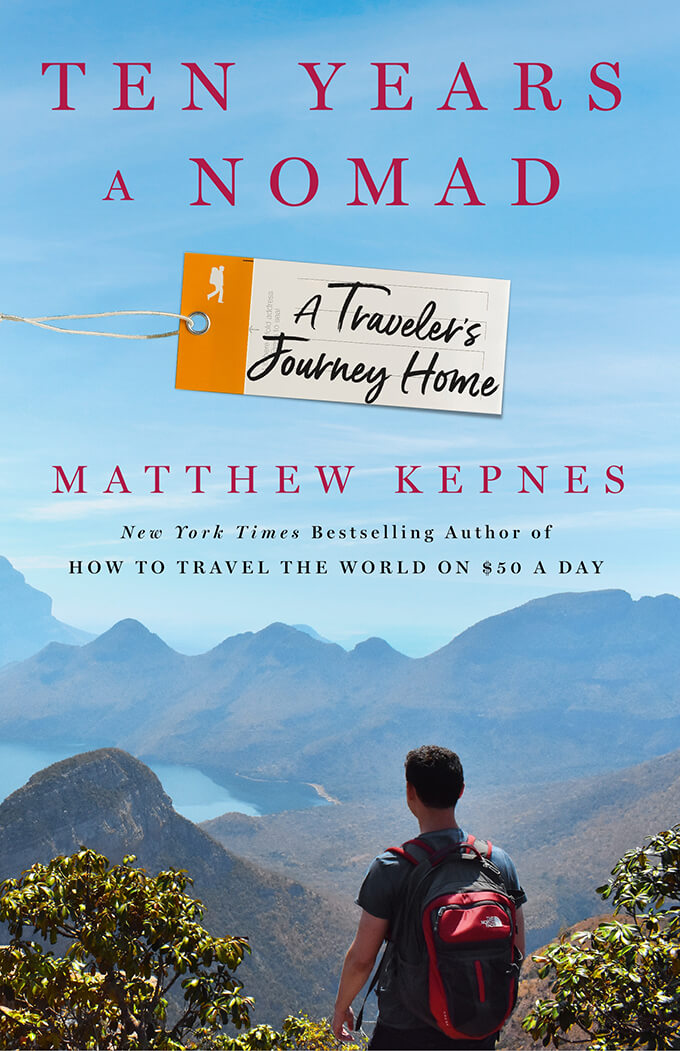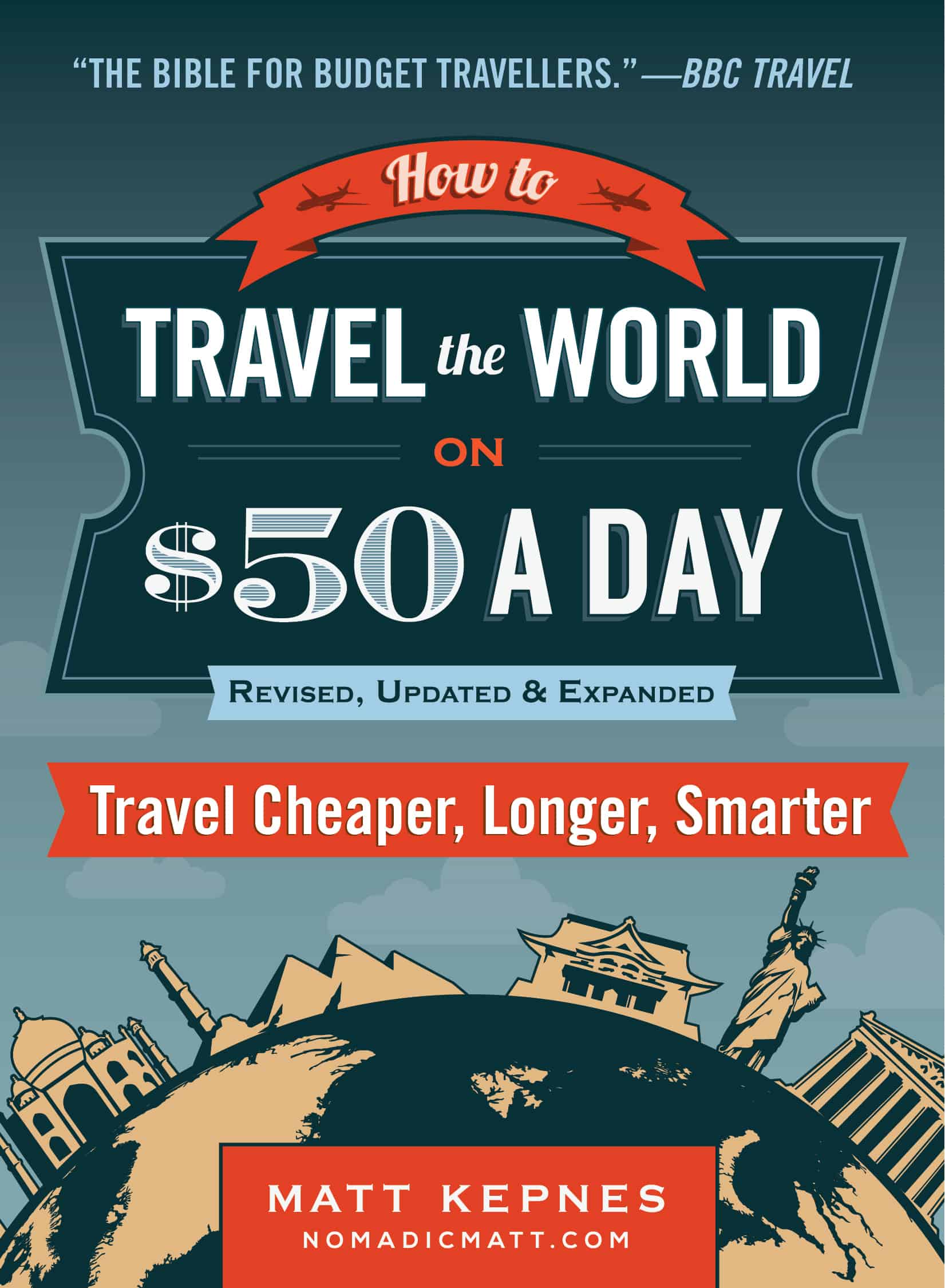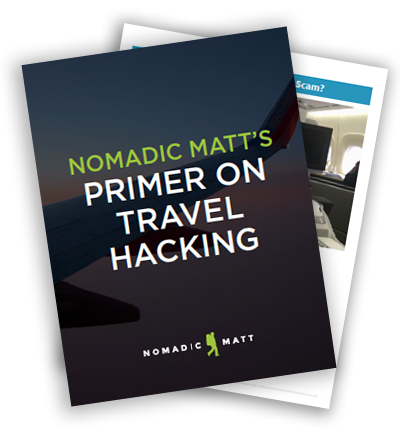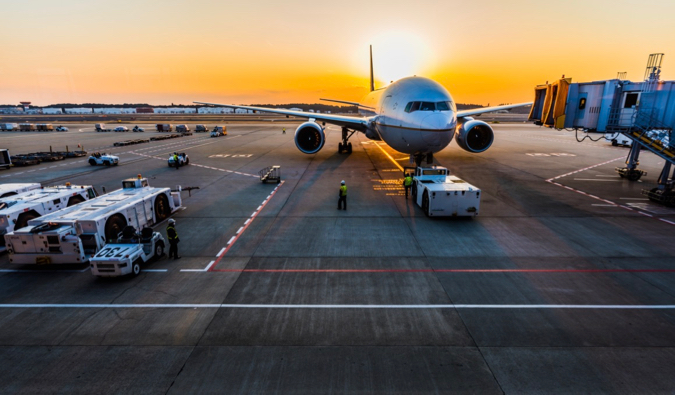
Posted: 4/8/20 | April 8th, 2020
With the COVID-19 pandemic in full swing, being safe and self-isolating at home means we now have a lot of time to learn new skills. Suddenly, the one thing we have is time. I’m finally getting through the online courses I’ve purchased over the years and my friends at Teachable told they’ve seen usage of their platform go through the roof.
This is an excellent time to learn something new.
While we’ve always had courses, we’ve decided to completely change them – and do something completely different than what you see online.
There’s plenty of free information and courses you can take on your own. You can Google anything and watch a YouTube video on any skill.
Information is a commodity.
But information alone is never enough. Education does not happen in a bubble.
Learning new skills is most effective when you get feedback and guidance.
Think of your skills.
The ones you learned best probably involved the help of teachers who used their deeper experience to give you advice and guidance.
Instead of just dumping information in your lap and saying “good luck”, we’ve changed our courses into actual ongoing training classes. While we always provided feedback, we’re taking that up a notch. Now, our courses are now monthly memberships that provide:
- Tech support for your blog (you break it, we fix it)
- Edits and feedback on your writing
- Weekly Q&A office hours (ask us anything)
- A community forum to network with your coursemates
- Unlimited email support
What separates our program from the other “blogging courses” you find online is that we’re not just going to give you information, we’re gonna be there to show you how to use it, help you fix any mistakes, provide hands-on feedback and strategy tips so you improve your skills and your business.
This is a class with full access to us.
Our writing course, Superstar Writing, is co-taught by David Farley, a professor of writing at NYU and Columbia University who has been featured in The New York Times, National Geographic, Condé Nast Traveler, and The Wall Street Journal, among other publications.
This course gets into the nitty-gritty of becoming a better writer. You’ll learn about structure, dialogue, self-editing, and how to craft evocative sensory descriptions that pull your reader in and keep them wanting more.
We’ll help you come up with story ideas, pitches for editors, and book proposals as well as give you sample proposals, emails, and scripts you can use. Plus, we have over a dozen hours of interviews with other expert writers who share their wisdom for you.
And, since writing is not taught in a bubble, David and I will give you feedback and edits on your writing for as long as you’re a member. We’ll read your story, provide notes, and copyedit it until you feel you’re ready to self-edit without us.
Additionally, David will be having online office hours twice a month, where you’ll be able to ask him questions directly.
And, our flagship course, Superstar Blogging, now goes even deeper into online business and marketing. In this course, using plenty of screenshots, I take you behind the scenes of my website and give you all my tips, tricks, and secrets to running a successful blog. I’ll show you how I create products, grow my email list, make money with affiliates, write sales pages, network in and out of travel, get media coverage, and much more. I share our metrics and strategies and take you behind the scenes on what we do.
But, as mentioned, information alone is never enough.
So, with our course, you’ll also get help from my team and me. You’ll get ongoing tech support (our motto is “you break it, we fix it”), weekly Q&As with me (where we’ll go over your problems and troubleshoot anything you need), editing feedback on your blogs, and strategy emails from me.
Moreover, we have a community forum where you can talk to your fellow students, ask questions, network, exchange guest posts, and conduct other collaborations.
My team and I are going to be fully hands-on to help you develop the skills you need to build a successful online business.
Both courses are $49 per month or $450 per year (a 23% discount). You can cancel anytime. No questions asked. And we have a 14 day trial period where you can test out the program risk-free!
And, right now, we’re offing a discount on both courses. You’ll get 50% off your monthly membership (saving $75) or $75 off the price of the yearly membership!
You can sign up for the writing masterclass here or the blogging masterclass here.
Too many courses out there are just content dumps. It’s time for something different.
If you’re ready for a new plan, join our programs. If you want someone to show you how to make sense of the firehose of information online, we’re here to help.
I’ve been writing and running online businesses for twelve years and want to teach you what I’ve learned, so you can get started on the right foot.
And, if you have any questions, leave them in the comments.
– Nomadic Matt
Book Your Trip: Logistical Tips and Tricks
Book Your Flight
Find a cheap flight by using Skyscanner or Momondo. They are my two favorite search engines, because they search websites and airlines around the globe so you always know no stone is being left unturned.
Book Your Accommodation
You can book your hostel with Hostelworld as they have the largest inventory. If you want to stay somewhere other than a hostel, use Booking.com, as they consistently return the cheapest rates for guesthouses and hotels. I use them all the time.
Don’t Forget Travel Insurance
Travel insurance will protect you against illness, injury, theft, and cancellations. It’s comprehensive protection in case anything goes wrong. I never go on a trip without it, as I’ve had to use it many times in the past. I’ve been using World Nomads for ten years. My favorite companies that offer the best service and value are:
- World Nomads (for everyone below 70)
- Insure My Trip (for those 70 and over)
Looking for the best companies to save money with?
Check out my resource page for the best companies to use when you travel! I list all those I use — and they’ll save you time and money too!
The post Our New Blogging & Writing Masterclasses! appeared first on Nomadic Matt's Travel Site.


